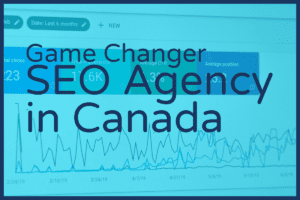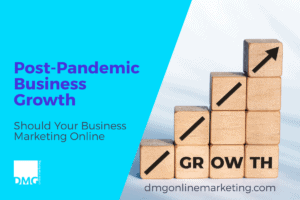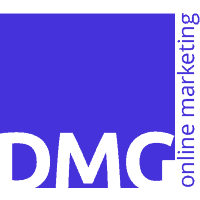What is SEO?
 The Internet is a vast, unpredictable place filled with all manner of content. Much of this content is good, helping users find valuable information, products and services. A large portion of the content, though, is not so great and can lead Internet users down paths that lead nowhere or worse, cause harm. As you add your voice to the Internet, you want to make sure your content rises to the top and finds itself among the valuable and worthwhile content. To do this means mastering the most basic of inbound marketing strategies — SEO or search engine optimization. What is SEO you ask?
The Internet is a vast, unpredictable place filled with all manner of content. Much of this content is good, helping users find valuable information, products and services. A large portion of the content, though, is not so great and can lead Internet users down paths that lead nowhere or worse, cause harm. As you add your voice to the Internet, you want to make sure your content rises to the top and finds itself among the valuable and worthwhile content. To do this means mastering the most basic of inbound marketing strategies — SEO or search engine optimization. What is SEO you ask?
SEO Definition
SEO is short for search engine optimization. It is a technique search engines like Google and Bing use to determine what websites are most relevant to the search phrases Internet users enter. SEO helps power the algorithms that govern what sites to suggest. Each search engine uses different factors to create their algorithms but SEO is a major part of the formula. Understanding what is SEO and the factors to improve it on your website will get you more traffic.
SEO Factors
SEO as an inbound marketing strategy is more than just using the right keyword phrases on your website. The different components that make up what is SEO include:
- Keywords and keyword density;
- The location of keywords on your site;
- Links to other websites and other websites’ links to your page;
- And high quality content.
Each of these factors contributes to SEO and can improve the chances your website is prominent in search engine results.
Keywords for SEO
Keywords are phrases Internet users type into search engines and is the place to start when creating an SEO marketing strategy. Choosing the right keyword is essential to your inbound marketing strategy since the keyword is what will direct potential clients to your website. It’s best to choose highly specific keyword phrases based on what you know your clients will search for. One-word phrases such as “pets” is too broad. A phrase like “exotic pet shops” is more specific.
The number of times you use your keyword phrases on your website determines keyword density. Generally, the higher the density, the more relevant the website. But be careful about using your phrase too much. Search engines will weed out websites who practice keyword stuffing. It also pays to place keywords in titles, URLs and prominent places on the site because, presumably, if your keyword phrases appear here, your site is more relevant.
Links for SEO
When it comes to SEO, there are two kinds of links — inbound and outbound. Outbound links are when you link to another site. Inbound links, known as backlinks, are when other sites link to you. Search engines see inbound links as proof your website has relevant content related to your keywords. It takes time to build quality backlinks with other sites and should be a large part of your inbound marketing strategy.
Content for SEO
Keywords and links are important but won’t matter much if you fail to deliver high quality, original and useful content to your clients. Search engines scan your site just like humans do to determine relevance. The engines look for keywords, synonyms to keywords and placement of keywords. They also look for duplicate content, which hurts your site and may infringe on copyright laws. Your inbound marketing goal is to get people to stay on your site and they’ll only stay if you offer them something worthwhile.
As you build your inbound marketing strategy, understanding what is SEO and how it works will help drive traffic to your website naturally and organically, increasing your visibility on the Internet.





